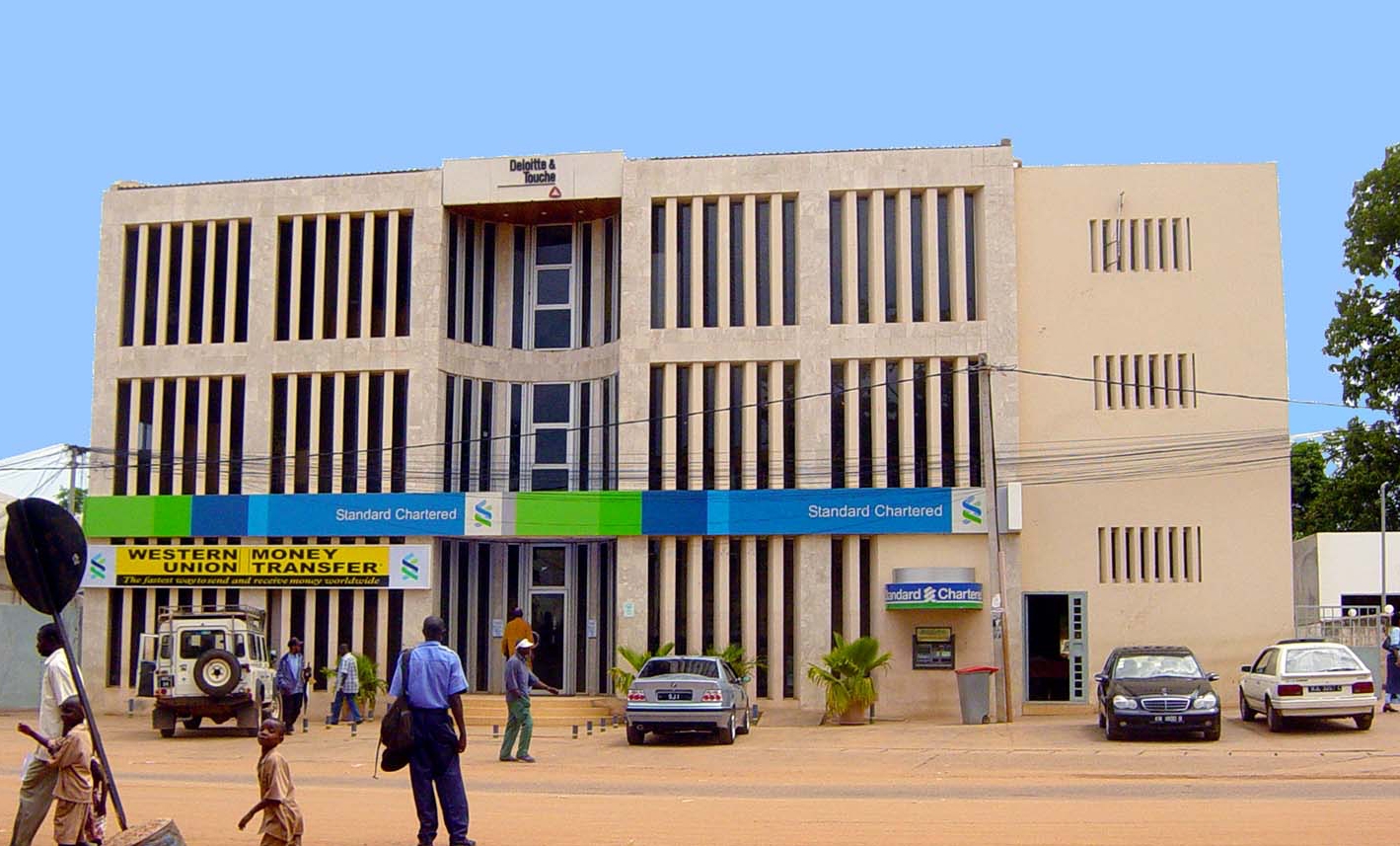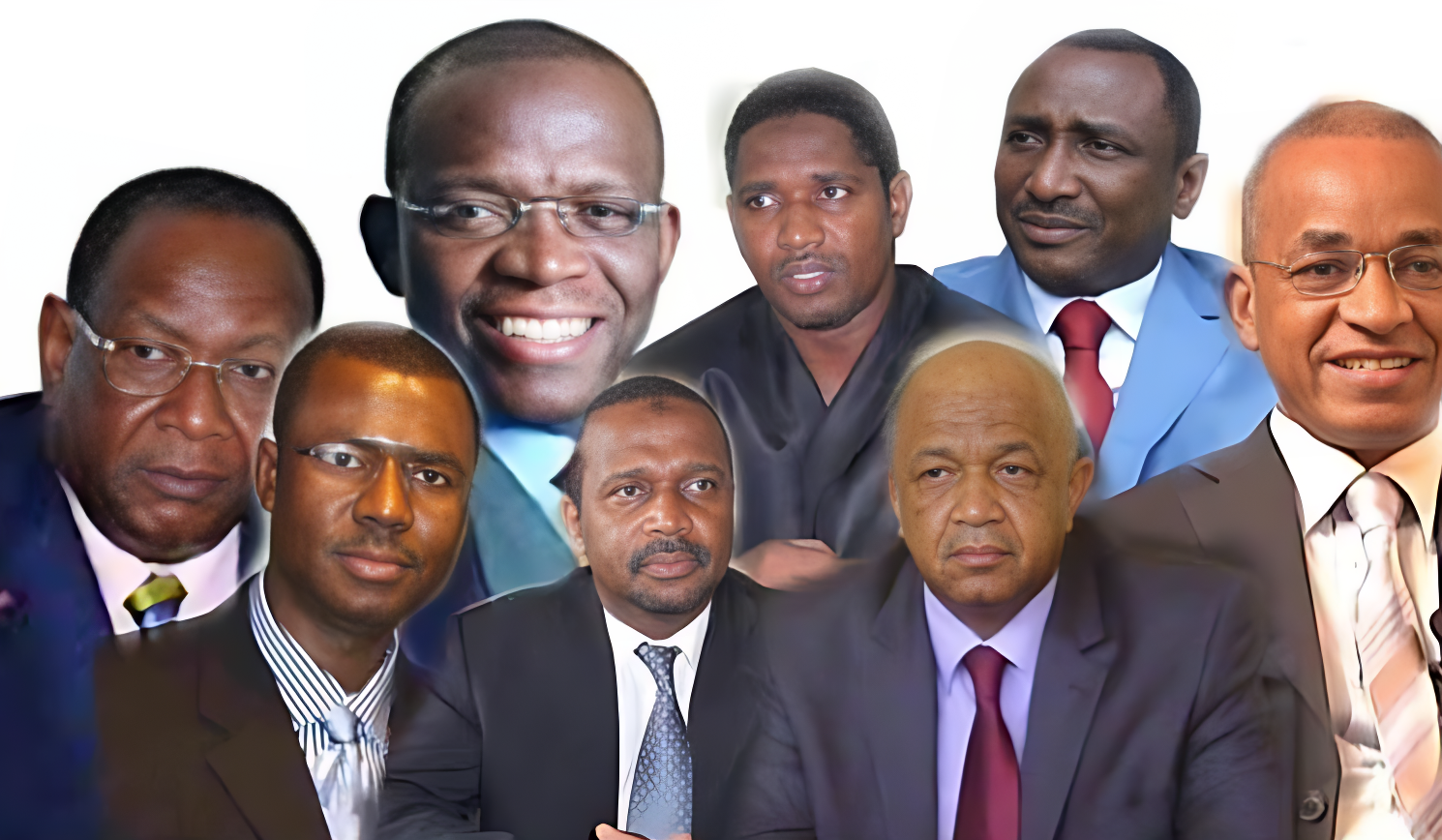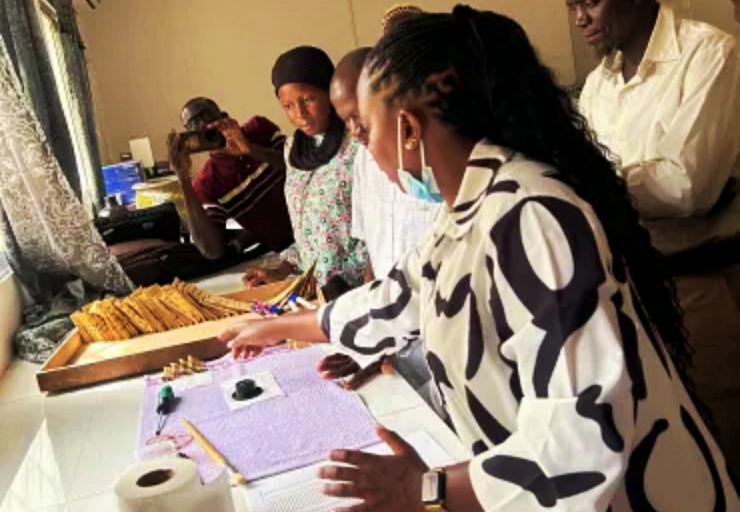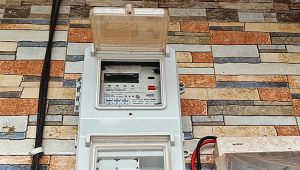Gambiaj.com – (Banjul, The Gambia) – A major breakthrough in soil diagnostics is taking root in The Gambia, with the launch of the country’s first mid-infrared (MIR) spectroscopy laboratory. The new facility, established at the National Agricultural Research Institute (NARI) in Banjul, promises to revolutionize agricultural decision-making by providing fast, accurate, and affordable soil analysis.
Experts say the technology will accelerate efforts to improve soil health and boost farm productivity nationwide.
“This will usher in a new era of data-driven decision-making for agriculture in The Gambia, where agricultural productivity is closely linked to soil health,” said Leigh Ann Winowiecki, Soil and Land Health theme leader at the Center for International Forestry Research and World Agroforestry (CIFOR-ICRAF), which spearheaded the initiative.
Unlike conventional soil testing methods, MIR spectroscopy allows for rapid analysis of soil properties such as texture, organic carbon, nitrogen levels, and pH.
Using a compact, battery-operated spectrometer, soil samples are scanned in just 30 seconds, with results generated using CIFOR-ICRAF’s global spectral library—one of the largest in the world, containing over 200,000 soil samples.
The technology’s arrival has sparked excitement among Gambian agricultural researchers and technicians.
“Spectroscopy is new to us. This is the first time The Gambia is going to have a soil spectroscopy lab, and we are very excited and hopeful that this is going to be a game-changer,” said Abdoulie Nyabou, principal officer at the Ministry of Agriculture’s Soils and Water Management Services.
Building Local Capacity
The launch of the MIR laboratory is part of the Regional Soil Fertility Mapping Project (RSFMP), which has been working with CIFOR-ICRAF to strengthen soil science capacity in The Gambia through hands-on training and technical support.
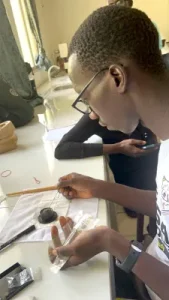
The laboratory also features a Laboratory Information Management System (LIMS), which streamlines lab operations—from sample tracking to data analysis and reporting. “Through LIMS, we’re able to automate processes, securely store soil data, and generate actionable insights for farmers,” said Salma Nyagaka, a CIFOR-ICRAF information systems developer.
Two rounds of training sessions were held at NARI—in October 2024 and April 2025—equipping over 30 local scientists and technicians with skills in soil sample processing, spectrometer use, data management, and laboratory operations.
“The training on the spectrometer was highly informative and practical,” said Basiru Bojang, a research officer at NARI. “It enhanced my understanding of the equipment and its integration with the LIMS system, which I believe will improve our lab’s efficiency and data accuracy.”
Toward a Farming Revolution
According to Elvis Weullow, senior laboratory enterprise manager at CIFOR-ICRAF, the MIR lab is designed not just to offer quick results but also to build lasting local expertise.
“This will greatly impact small-scale farming by enabling farmers to assess soil health and make informed decisions to improve productivity and ensure food security,” he noted.
Participants in the training sessions say they now feel well-equipped to carry out soil analyses and contribute to national soil health initiatives.
“The training was practical and thorough,” said Kaddijatou Jawaneh, a principal research officer at the Ministry of Agriculture. “We are now prepared to run the lab daily, ensuring efficient processing of soil samples while also building the capacity of women in soil diagnostics.”
The new lab in Banjul joins a growing network of more than 30 MIR labs across Africa, coordinated through CIFOR-ICRAF’s headquarters in Nairobi. These labs contribute to a global spectral library and cloud-based data systems, enabling countries to bypass costly and time-consuming traditional soil testing methods.
The initiative also employs the Land Degradation Surveillance Framework (LDSF) to standardize soil sampling and ensure high-quality, comparable data.
“This training has positioned us to be a model for other countries in the region,” said Lamin Sonko, RSFMP national coordinator and representative from the Ministry of Agriculture. “We now have the tools and skills to provide accurate, real-time soil data.”
By embracing advanced soil diagnostics, The Gambia is poised to lead a data-driven farming revolution—empowering farmers with the information they need to sustainably manage land, increase yields, and strengthen food security for generations to come.






